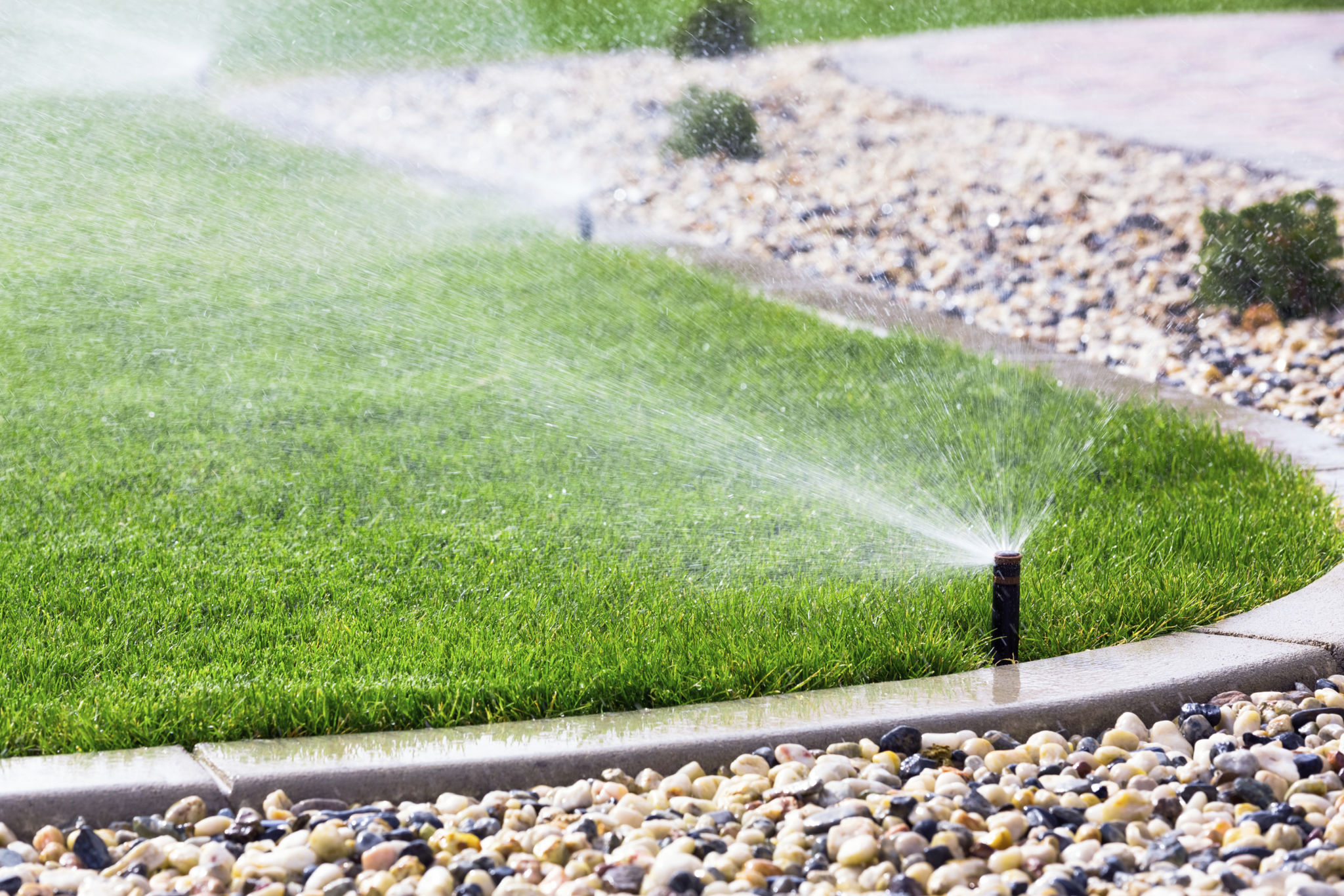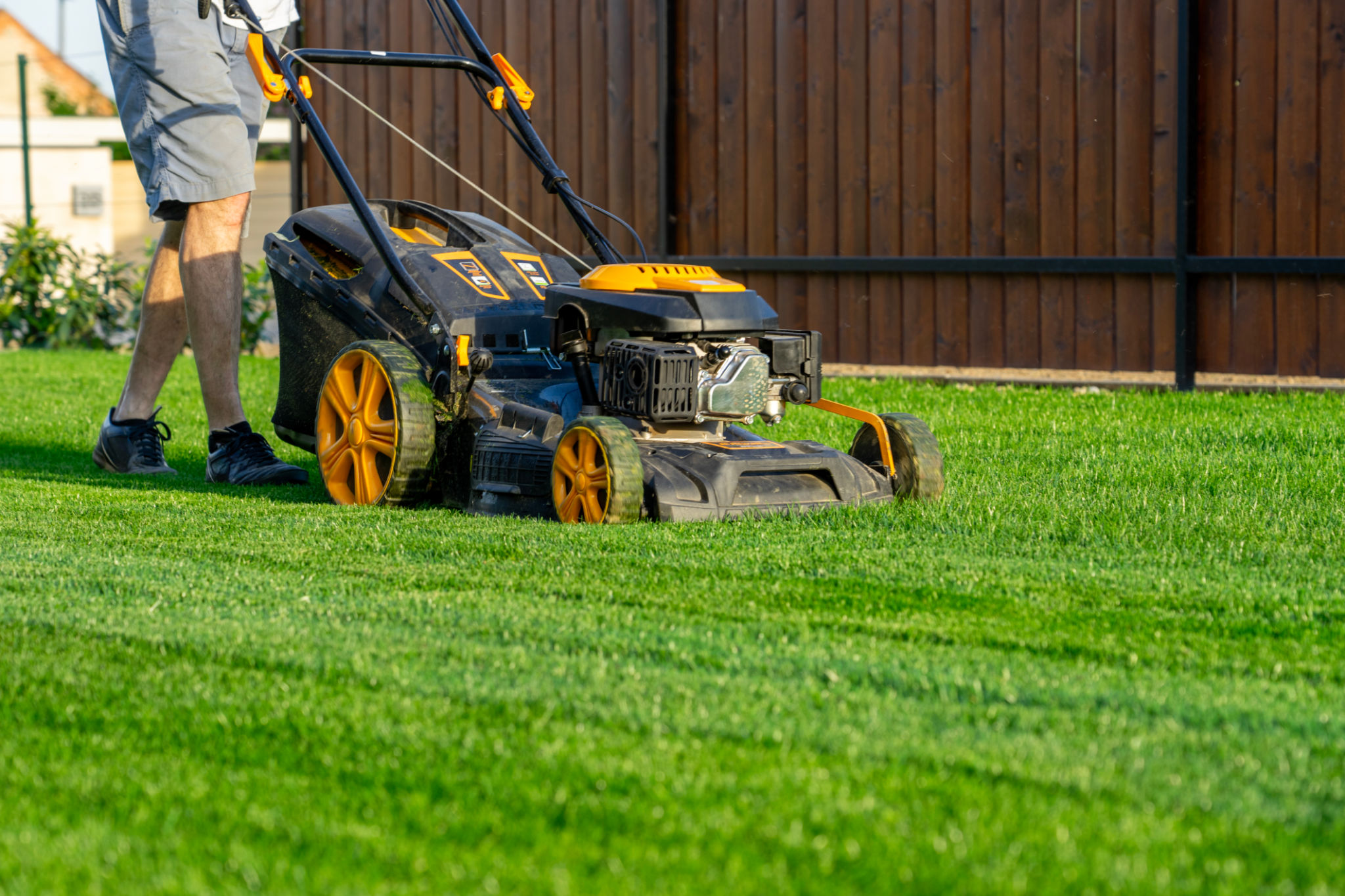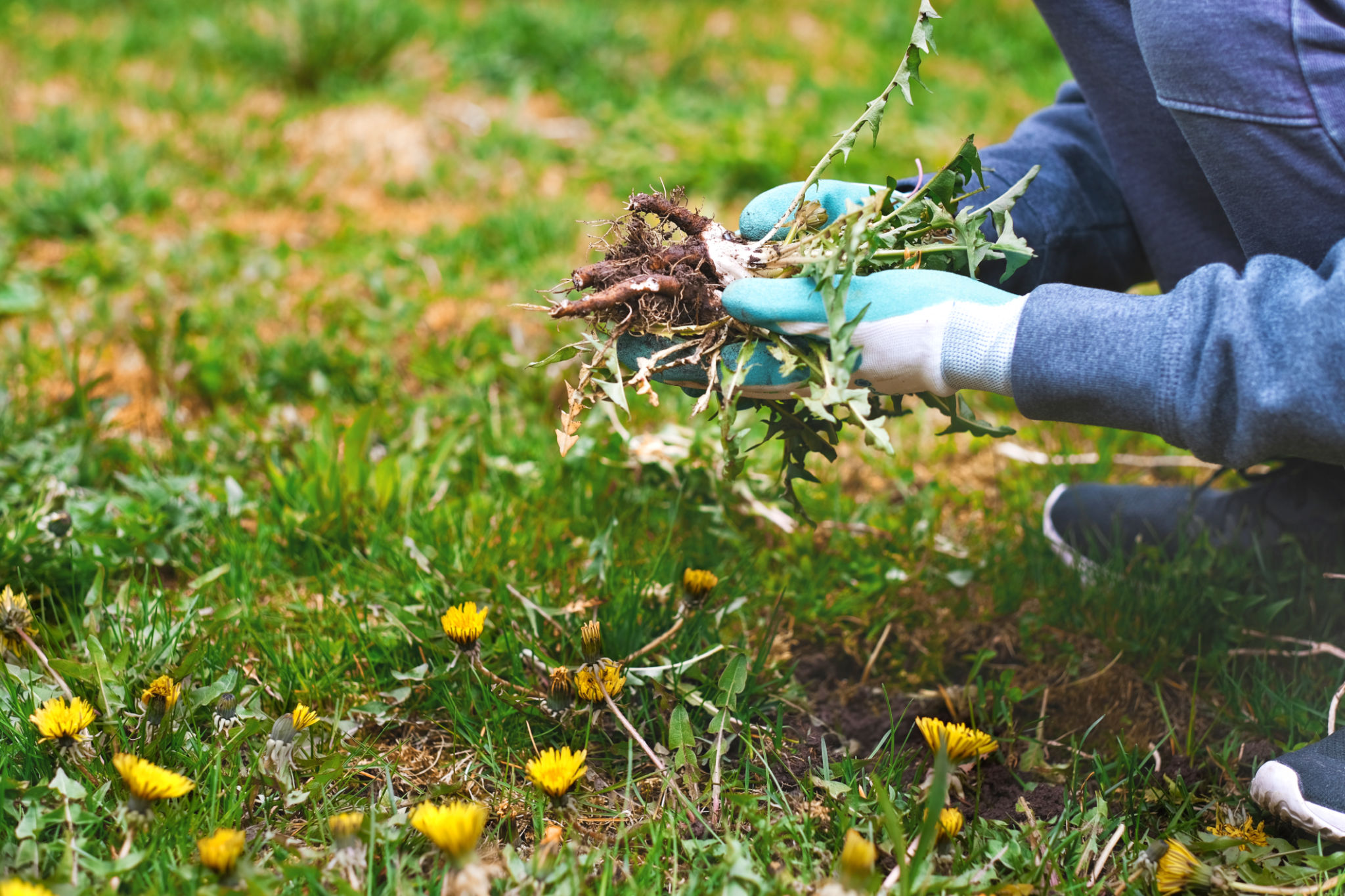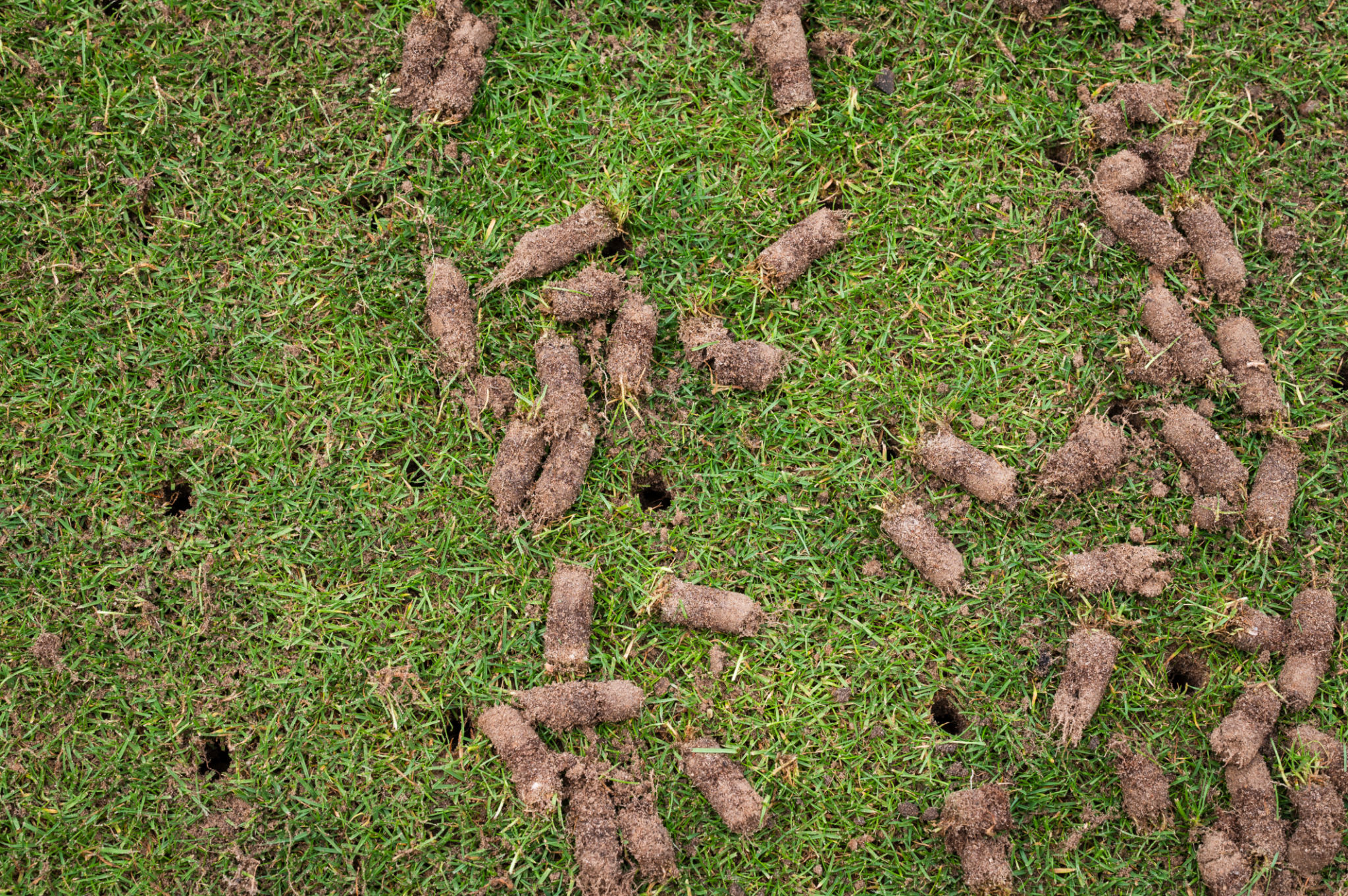DIY Lawn Care: How to Maintain a Healthy Lawn in Adelaide
Understanding Adelaide's Climate
Adelaide's Mediterranean climate, characterized by hot, dry summers and cool, wet winters, poses unique challenges for lawn care. Understanding these conditions is essential for maintaining a lush, healthy lawn throughout the year. During summer, lawns require more frequent watering to cope with the heat, while in winter, they need protection from potential waterlogging.
A common grass type in Adelaide is Kikuyu, which thrives in warm climates. However, other varieties like Buffalo and Couch also perform well. Selecting the right grass type for your lawn is the first step towards successful DIY lawn care.

Watering Techniques
Proper watering is crucial for lawn health. In Adelaide, it is best to water deeply but less frequently to encourage deep root growth. A general guideline is to water your lawn once or twice a week during the warmer months, ensuring that the water penetrates at least 10 centimeters into the soil.
Consider watering early in the morning or late in the afternoon to minimize evaporation. Installing a drip irrigation system can also be beneficial as it delivers water directly to the roots while conserving water.

Mowing Practices
Regular mowing is essential for maintaining a neat and healthy lawn. In Adelaide, it's important to adjust your mowing schedule according to the season. During spring and summer, lawns grow rapidly and may need mowing every week. In contrast, during the cooler months, you can reduce the frequency.
Set your mower blades to a higher setting to avoid cutting the grass too short, which can stress it and make it susceptible to weeds and diseases. Aim to remove no more than one-third of the grass height in a single mowing session.

Fertilization Strategy
Fertilizing your lawn provides essential nutrients that promote healthy growth. In Adelaide, it's advisable to fertilize twice a year: once in early spring and again in autumn. Use a slow-release fertilizer that contains nitrogen, phosphorus, and potassium for balanced nutrition.
Be sure to read the instructions carefully to avoid over-fertilizing, which can damage your lawn. Consider using organic fertilizers as they improve soil health and contribute to long-term lawn vitality.
Pest and Weed Control
Pests and weeds can quickly take over if not managed properly. Regularly inspect your lawn for signs of common pests like grubs and caterpillars. Natural remedies such as neem oil or insecticidal soap can be effective against these invaders.
For weed control, maintain a dense lawn through proper mowing and fertilization practices. If weeds do appear, remove them manually or use eco-friendly herbicides that won't harm your grass.

Aeration and Soil Health
Aeration is an important practice that helps alleviate soil compaction and allows air, water, and nutrients to penetrate the grassroots. In Adelaide, aerate your lawn in early spring or autumn using a garden fork or mechanical aerator.
Improving soil health is also crucial. Consider topdressing with a thin layer of organic compost once a year to enhance soil structure and nutrient content. This practice can significantly improve the resilience and health of your lawn.

By following these DIY lawn care tips tailored for Adelaide's unique climate, you can enjoy a thriving lawn all year round. Remember that consistency is key; regular maintenance will yield the best results and keep your outdoor space looking its best.
